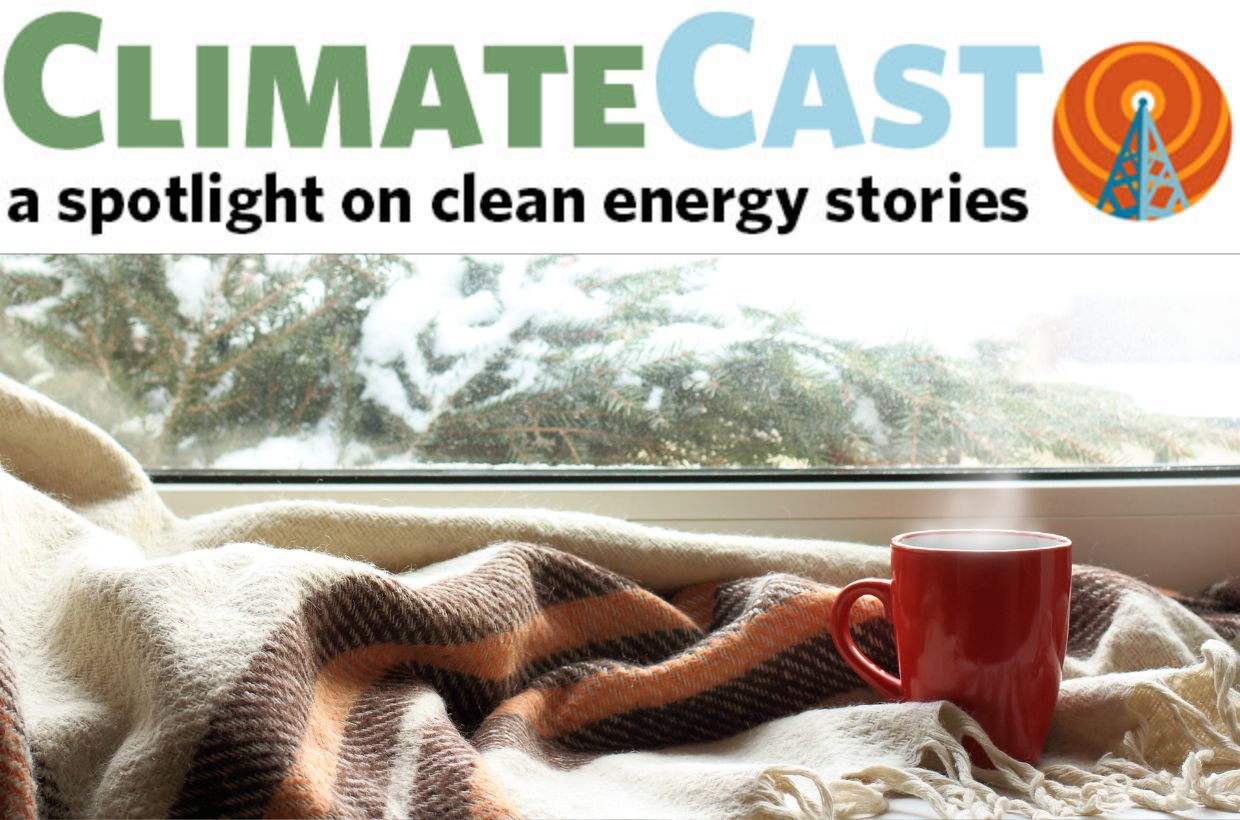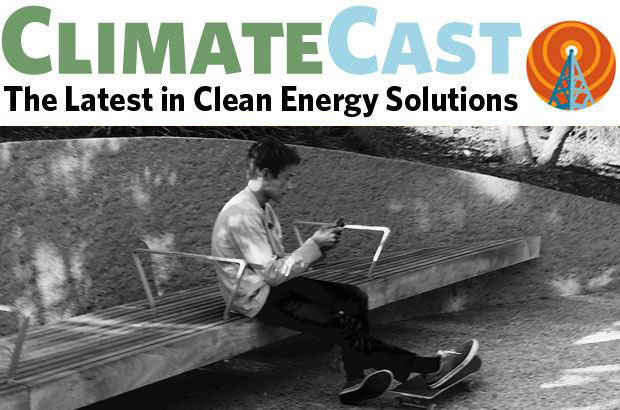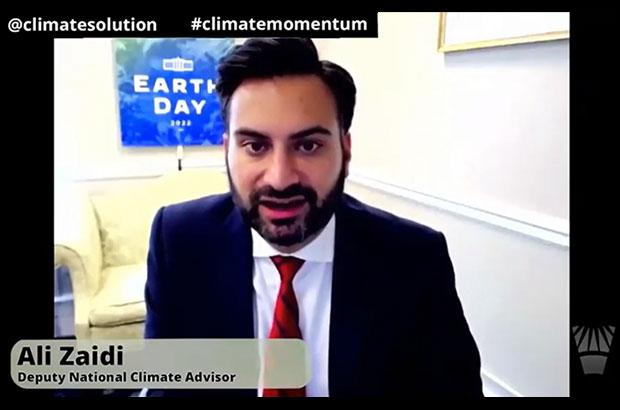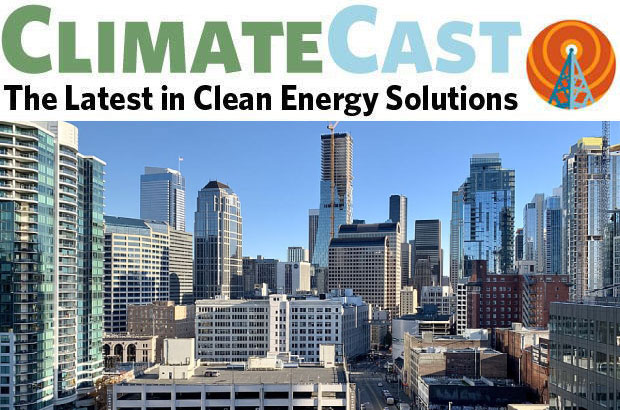
Heating and powering our homes and businesses generates a lot of our climate-changing pollution; our built environment is a major contributor to global warming. If our homes and buildings were carbon-free and energy efficient, we would significantly reduce our climate pollution, drastically cut energy costs for owners and renters, and improve air quality where we live and work.
For example, in both Oregon and Washington State, climate-worsening pollution from buildings are growing at a faster rate than any other source, with this increase largely attributable to the use of fossil gas in homes and buildings. Burning fossil gas in homes and buildings is not only a significant contributor to climate change, but also poses significant health risks for our communities, children, and other vulnerable populations.
Indoor air quality issues are particularly concentrated for low-income residents in smaller units with poor ventilation. Communities of color are already disproportionately impacted by outdoor air pollution, and should not continue to be disproportionately harmed by poor indoor air quality as well. Gas appliances also worsen our outdoor air quality. For example, California’s residential appliances releasing more than two times as many NOx emissions as all of their gas power plants combined, and commercial gas appliances releasing just as much NOx pollution as all of California’s cars.
States and many cities in the region and around the country are increasingly looking at ensuring all new buildings are electric as a key cost-effective pathway for achieving their local or state greenhouse emissions goals. Electrifying buildings is critical to addressing climate change, but it is also achievable, affordable, safe, and creates a more resilient energy system.
We are working with lawmakers and community partners to move rapidly toward electrifying our buildings for heating, cooling and cooking. We can also construct homes and buildings that get all their energy from sustainable sources, and even produce as much energy as they use — net zero energy buildings.
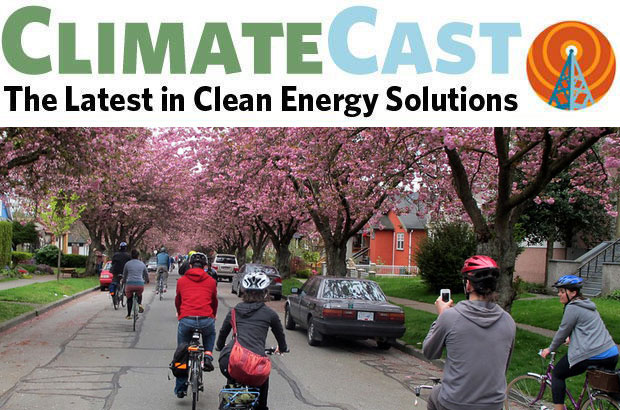
Clean energy. Fossil-fueled crisis. Tipping points are here
In this week's ClimateCast: clean energy results from the Oregon and Washington legislatures; fossil fuels and the Ukraine humanitarian crisis; and the EPA takes action on truck emissions

Following historic progress, WA continues with incremental steps
In 2022, the Washington Legislature built upon the transformational shift we’ve begun in recent years; lawmakers took important steps in a few key areas, but hesitated in others.
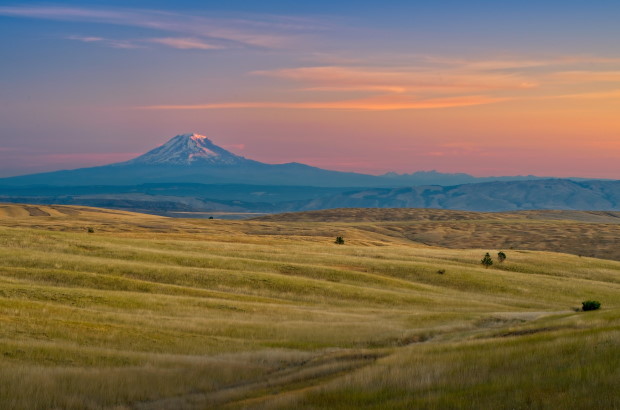
Two years ago today: One of biggest climate wins in Oregon history
Today is a significant milestone for Oregon’s climate progress, but it requires a little time traveling to the cusp of the pre-COVID times to fully appreciate how far we’ve come.
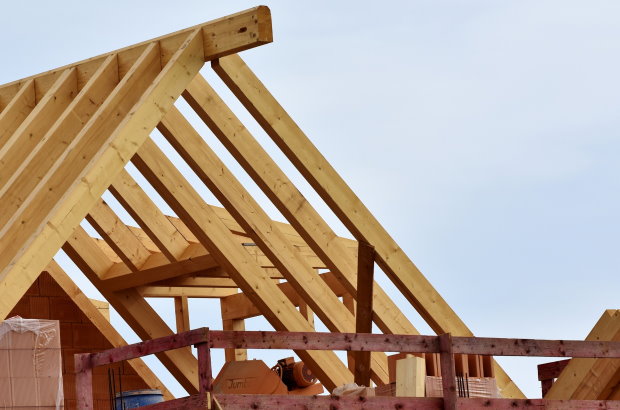
Recapping Oregon's 2022 Legislative Session
This session, the legislature provided historic levels of investments in clean energy solutions and electric vehicles, as well as significant progress for environmental and social justice in our state.
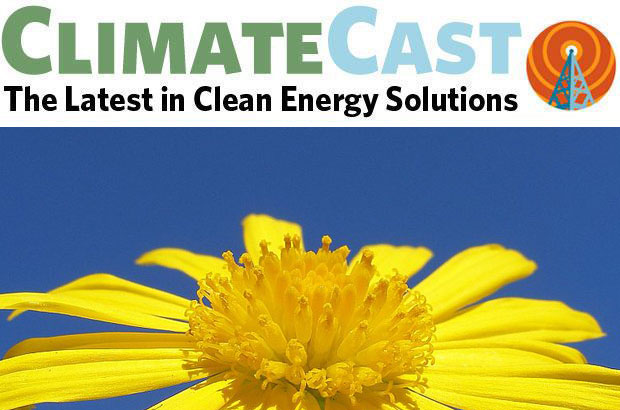
"A Brief and rapidly closing window"
In this week's ClimateCast: a grim new report from the IPCC; a fossil-fueled war in Ukraine; underwhelming action from the federal government, and signs of progress in Oregon

Sprint with us toward climate action
Oregon's legislators heard your calls to address climate pollution from buildings—but it’s taking a new form. Also, don't miss updates on our statewide other climate priorities.
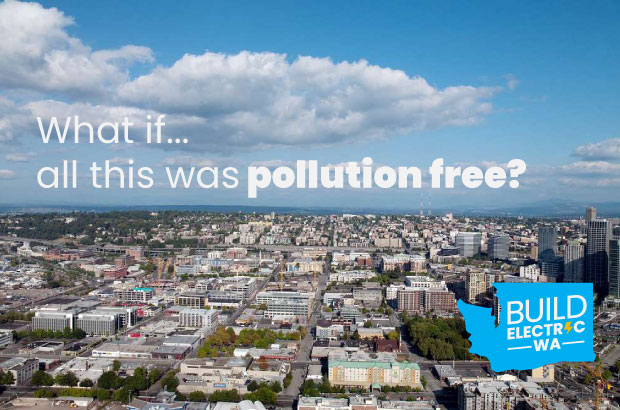
Cracking the code to clean and safe buildings
The past year has been exciting for climate action on clean and safe buildings in Washington. 2022 also presents a unique opportunity to have these benefits apply across the entire state instead of individual jurisdictions: the State Building Code Council can require clean, electric space and water heating for all commercial buildings statewide.
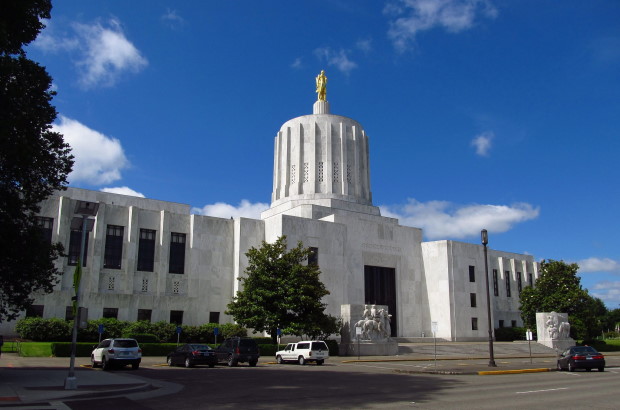
What's ahead for climate action in Salem?
No corner of our state was left untouched by climate-fueled storms and harms last year.

Let's make sure Washington is building towards a climate-safe future
Buildings are one of the largest and fastest-growing sources of climate pollution. Our statewide building codes can set an example for how to cut pollution, but only if our voices are louder than the fossil fuel industry.
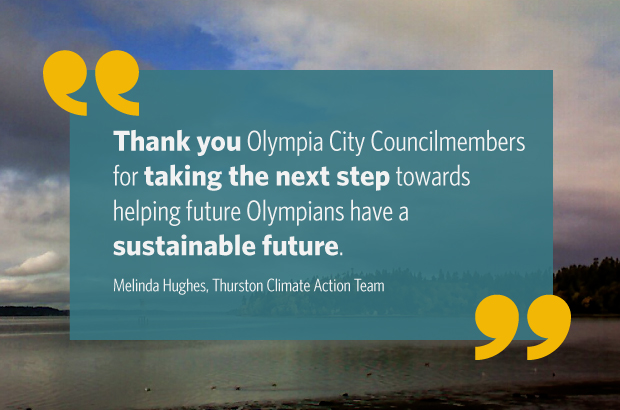
Washington city #4: Clean energy and climate progress by going all-electric
Olympia is the fourth Pacific Northwest city to prioritize clean air and health through action on buildings
